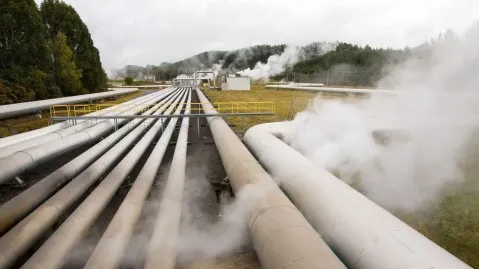
Asia’s elevated LNG spot prices will remain for longer period: report
The average year-to-date price is $29.9/mmBTU.
Higher liquified natural gas (LNG) prices in Asia will remain longer as the Russia-Ukraine conflict is expected to continue into the second half of the year before “settling into a stalemate” before year-end, according to Fitch Solutions.
In a report, Fitch said the geopolitical conflict will continue to influence prices for longer especially if the uncertainties of the Russian pipeline gas exports to Europe will remain unresolved.
“The futures prices for the Asia LNG benchmark appear to be on board with this view, with prices remaining elevated all the way through to January 2023, before settling at lower, but still at historically higher, levels,” it said.
Fitch noted that it is different from the expectations at the start of the year before Russia’s invasion of Ukraine when higher LNG prices seen during the latter months of 2021 were expected to ease by the end of the northern hemisphere winter in March.
The spot price benchmark in the region is averaging $23.6 per million British Thermal units (mmBTU) through the first week of May, lower than the year-to-date average of $29.9/mmBTU, but is still far above the historical average.
The benchmark price in 2021 averaged $17.9/mmBTU, which was already considered high. At the onset of the pandemic in 2019, the regional benchmark was only $5.6/mmBTU.
The year-to-date average is 56% higher that the previous highest annual average in 2013 when prices rose in an aftermath of the Fukushima nuclear disaster in Japan.
Meanwhile, Fitch said that in the long-term view that both gas consumption and LNG imports in Asia will see “health growth over the coming years,” noting that fuel is expected to play a key role in Asia’s lower-carbon transition.
“The expectation for spot LNG prices is for them to continue to be elevated compared to historical norms, even as the impact of Russia’s invasion on prices begins to fade, with solid demand keeping the pressure on global supply, before stronger supply additions from the likes of Qatar from 2025 onwards begin to loosen the market,” it said.

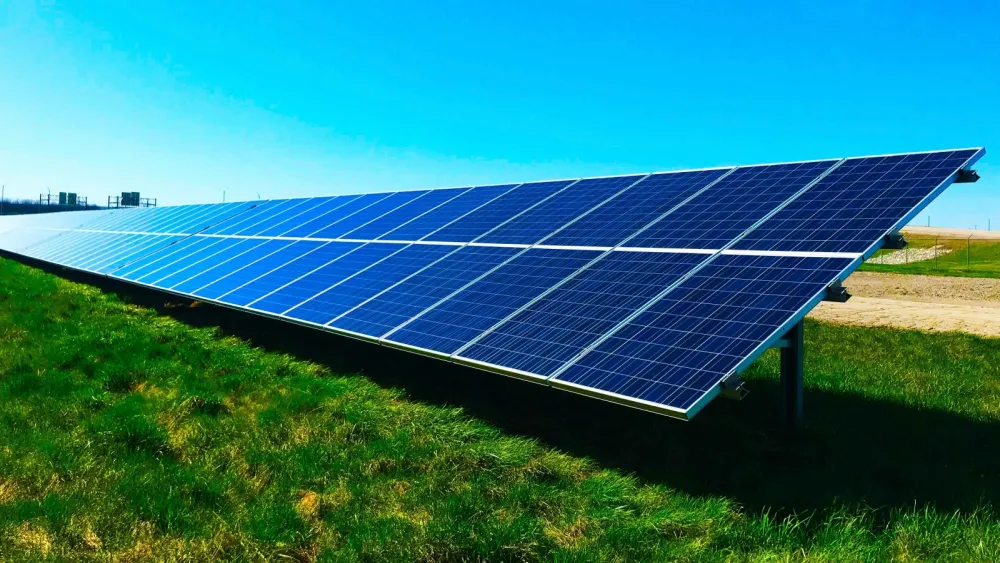
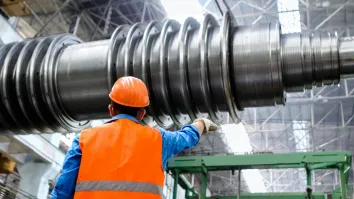

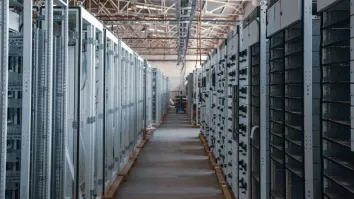
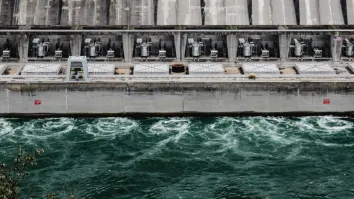













 Advertise
Advertise







